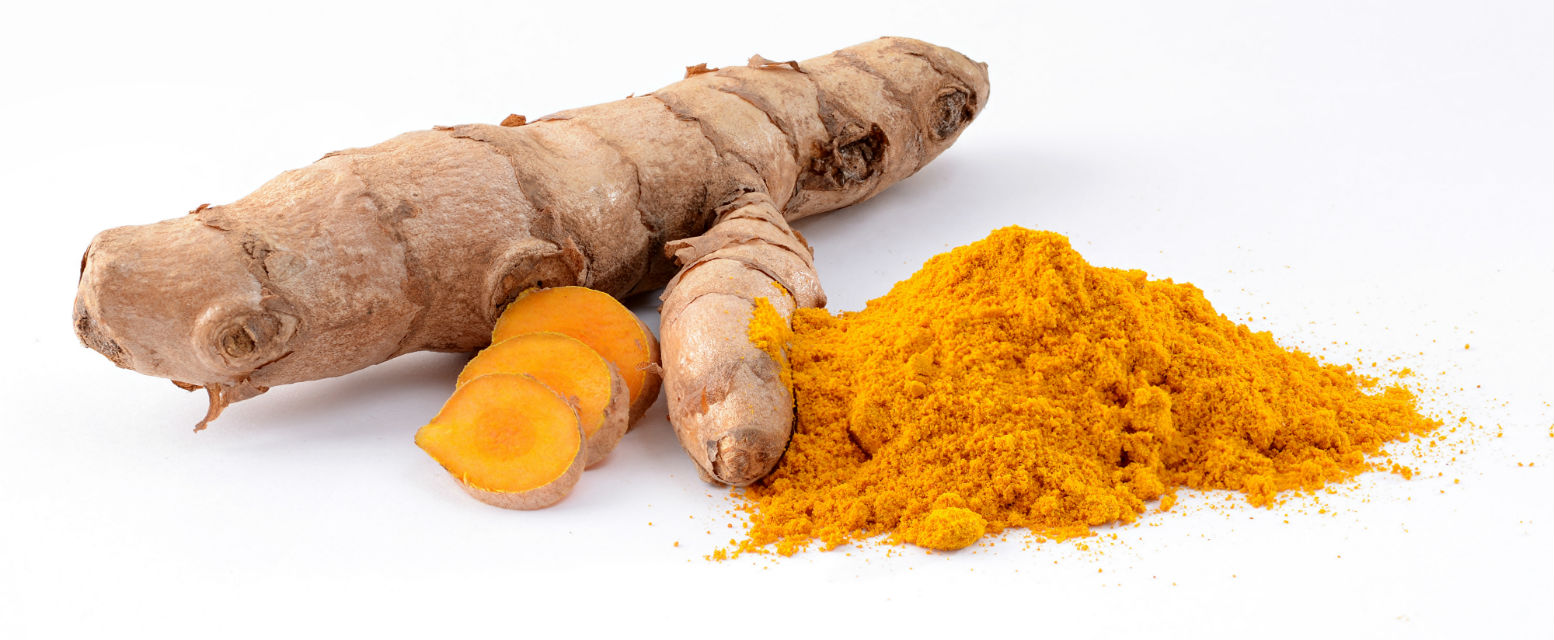
Turmeric can lower the risk of Alzheimer’s disease and improve memory and mood in people with mild age-related memory loss, according to a study published in the American Journal of Geriatric Psychiatry. The researchers found that the compounds in turmeric, the spice that gives curry its golden color, can help improve mood and memory in older adults.
Animal studies have shown that the herb reduces inflammation in the brain and slows the development of amyloid plaques, but how it exerts this effect is not fully understood. According to two new studies, a substance found in turmeric powder reduces beta-amyloid plaque in the brain and eliminates bad memory. Although these new studies have received a lot of media attention, it is far from known whether they can boost memory in people with Alzheimer’s.
Over 1,000 published studies have tested the effect of curcumin on various diseases. In Alzheimer’s patients, many studies point to similar conclusions: Turmeric reduces inflammation, beta-amyloid plaque accumulation, and oxidative damage associated with AD. Reducing beta-amyloid plaque is a good direction towards reversing the debilitating effects of this disease.
Always purchase a standardized turmeric supplement that is standardized to at least 95% curcumin for best results, powders generally only have 3% – 5% curcumin and isnt as effective.



Leave a Reply